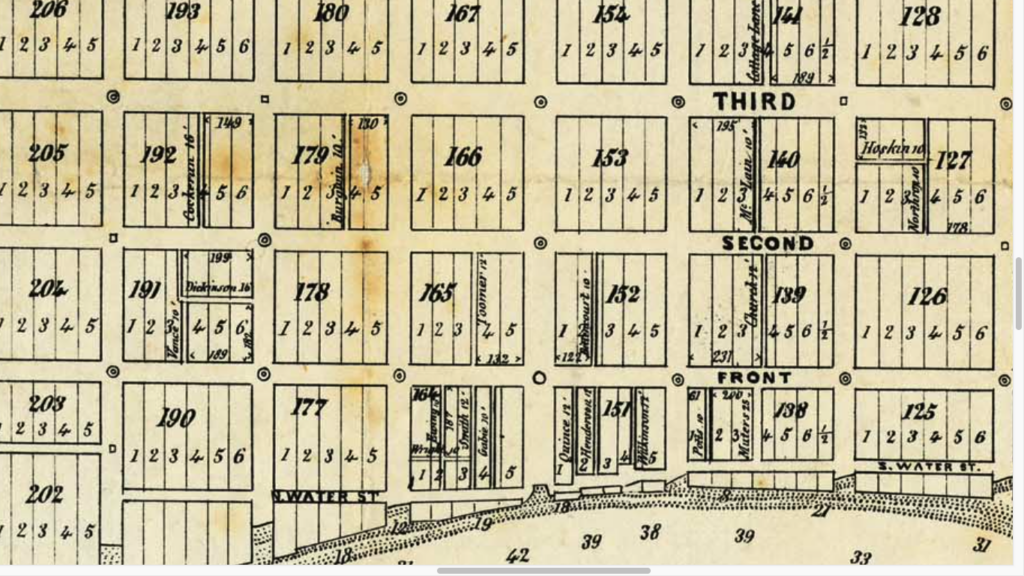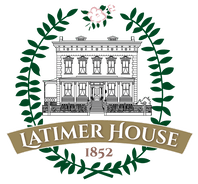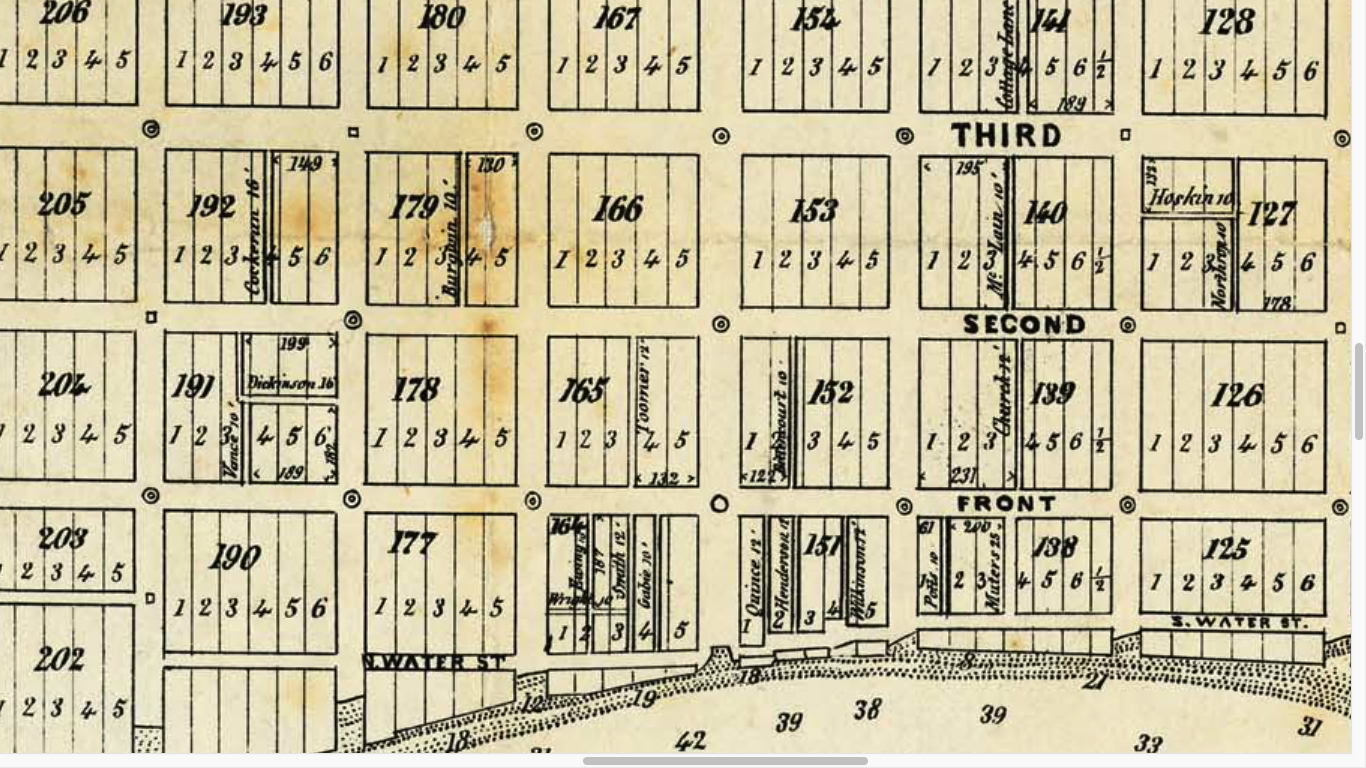The Society has been collecting materials relating to the history of the Lower Cape Fear and its inhabitants since the 1950s. Today the Archive contains a research library of approximately 3,000 volumes, several thousand photographs, and several hundred cubic feet of archival material.
The Ida B. Kellam Archive is open to the public for research by appointment. Please contact us at (910) 762-0492 or email archivist@latimerhouse.org to set up an appointment.
Remote Research
The Lower Cape Fear Historical Society, Inc. is proud to offer remote research for those who live outside of Wilmington. Send a detailed research inquiry to archivist@latimerhouse.org and you will get connected to an experienced researcher who will pull records and other archival material for you.
Rate: $20/hour plus any necessary copying fees
Genealogical Research
Genealogical material has been a mainstay of the collections at the Lower Cape Fear Historical Society since its inception. Beginning with the work of Ida Brooks Kellam, who scoured deed books, wills, cemetery records, newspapers, and other resources to create thousands of reference cards and folders on hundreds of local families — the Society has long been a key resource for the families of the Lower Cape Fear.
Today, the starting point for family research is our genealogical vertical file, with 8 file drawers of folders on over 1,000 local families. Building on Kellam’s research, these files have been maintained over the years as additional newspaper clippings, family correspondence, and research notes have been added. This collection is supplemented by a collection of 36 boxes of genealogical notes on many local families compiled by previous researchers.
For families or individuals on which files are not available, we also maintain a collection of vital statistics published by the Old New Hanover Genealogical Society and others. These invaluable volumes include indexed census records, cemetery records, tax records, and more, for both New Hanover and the surrounding counties.
Other resources of interest to genealogists include city directories, which often give the occupations of the inhabitants of an address, and the deed research of Elizabeth McKoy, who painstakingly transcribed and indexed tens of thousands of colonial and early 19th century deeds, copying plats by hand over many years.
Architectural Researchers
Architectural researchers — whether by vocation or avocation have taken an interest in architectural history or preservation — will find much of interest. Better-known structures may have a folder in our vertical file of buildings and houses; other structures are described in a separate vertical file on blocks in downtown Wilmington.
Additionally, our map collection contains Sanborn Fire Insurance maps for much of the late 19th and early 20th centuries. These maps offer detailed drawings of building footprints and note architectural features such as construction materials, number of stories, location of chimneys, and property line boundaries.
City directories can also provide valuable information about the occupants of a building over the years.

The Bulletin
The Lower Cape Fear Historical Society, Inc. has published pathbreaking historical research by local historians and scholars since 1957. The complete collection of The Bulletin issues from 1957 to 2019 is available in the Ida B. Kellam archive and online.
Archives FAQ
Are scholars and researchers able to visit our archive?
Yes, scholars and researchers are welcome to visit our archive during normal business hours by appointment. Please schedule your visit by contacting us with pertinent details about your research as well as the date and time you would like to reserve at info@latimerhouse.org.
Do I need to be a professional historian to use the archive?
No, our archive is open to anyone who would like to conduct research. We ask that you consult with a staff member prior to your visit, either by email or phone, and that you set an appointment. We’ll go over the rules, answer your questions, and share ideas to help you find what you need.
Are visitors allowed to take photos in the archive?
Yes! We do not allow flash photography, but otherwise, pictures are allowed.
Can I use photos of archival materials on my blog or for my book?
Permission is required. If you use photos of any archival materials for publication or on the Internet, submit a request for permission.
Do you accept donated papers or photographs?
Absolutely. Make an appointment to sit down with us to discuss the contents and extent of the donation so that we can determine if our archive has the space and conditions needed to protect and preserve your valuable items. If we cannot accept a donation, we will put you in touch with a reputable organization that will be able to process and store your materials with the highest preservation guarantees.
Oral history
The archive has a valuable collection of oral histories from local residents, but more are needed. Our staff hope to interview area residents not just about major events like 1898 or hurricanes, but also about daily life for everyday people. If you would like to share your story, contact us today!
Visit Us!
Scholars and researchers are welcome to visit our archive. Review our FAQ for more information.

